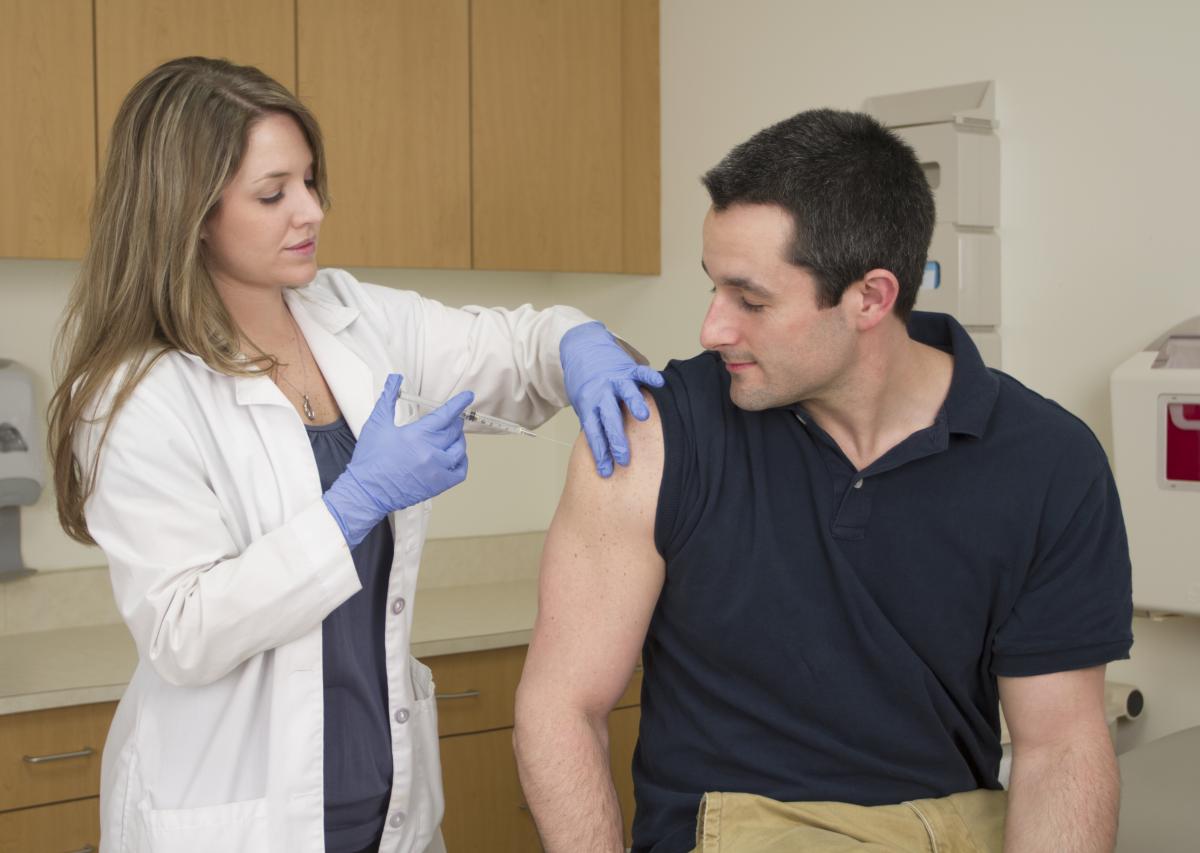What are Tetanus, Diphtheria, and Pertussis?
Tetanus, diphtheria, and pertussis are 3 different and very serious diseases. Tdap vaccine can protect us from all three diseases. And, Tdap vaccine given to pregnant women can protect newborn babies against pertussis.
TETANUS (Lockjaw) is rare in the United States today. It causes painful muscle tightening and stiffness, usually all over the body.
- It can lead to tightening of muscles in the head and neck so you can’t open your mouth, swallow, or sometimes even breathe. Tetanus kills about 1 out of 10 people who are infected even after receiving the best medical care.
DIPHTHERIA is also rare in the United States today. It can cause a thick coating to form in the back of the throat.
- It can lead to breathing problems, heart failure, paralysis, and death.
PERTUSSIS (Whooping Cough) causes severe coughing spells, which can cause difficulty breathing, vomiting, and disturbed sleep.
- It can also lead to weight loss, incontinence, and rib fractures. Up to 2 in 100 adolescents and 5 in 100 adults with pertussis are hospitalized or have complications, which could include pneumonia or death.
These diseases are caused by bacteria. Diphtheria and pertussis are spread from person to person through secretions from coughing or sneezing. Tetanus enters the body through cuts, scratches, or wounds.
Before vaccines, as many as 200,000 cases of diphtheria, 200,000 cases of pertussis, and hundreds of cases of tetanus, were reported in the United States each year. Since vaccination began, reports of cases for tetanus and diphtheria have dropped by about 99% and for pertussis by about 80%.
Who should get vaccinated for Tetanus, Diphtheria, and Pertussis and When?
Tdap vaccine can protect adolescents and adults from tetanus, diphtheria, and pertussis. One dose of Tdap is routinely given at age 11 or 12. People who did not get Tdap at that age should get it as soon as possible.
Tdap is especially important for health care professionals and anyone having close contact with a baby younger than 12 months.
Pregnant women should get a dose of Tdap during every pregnancy, to protect the newborn from pertussis. Infants are most at risk for severe, life-threatening complications from pertussis. It is encouraged that all people interacting with a newborn is current on their Tdap vaccinations.
Tdap may also be given after a severe cut or burn to prevent tetanus infection
How can I learn more?


